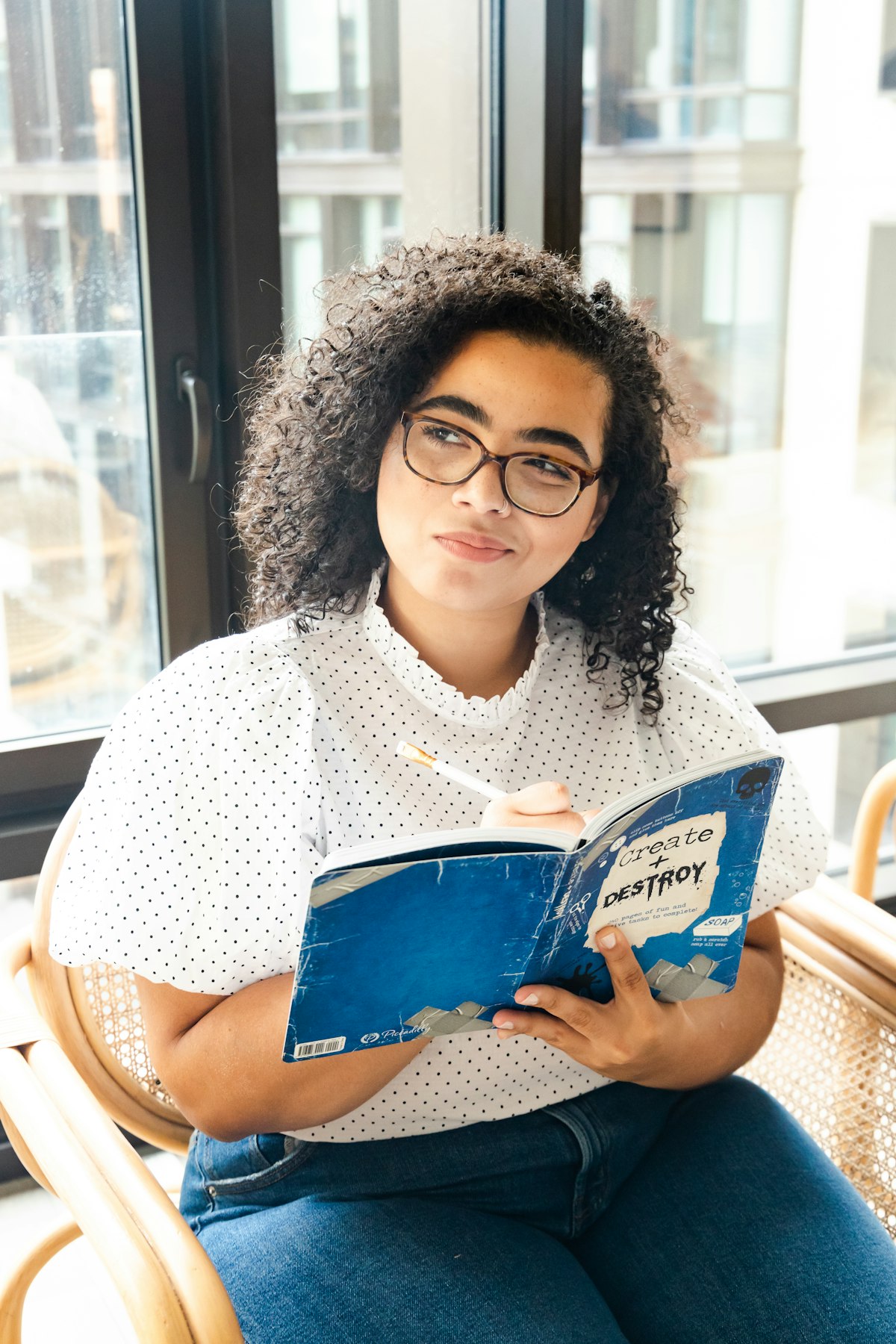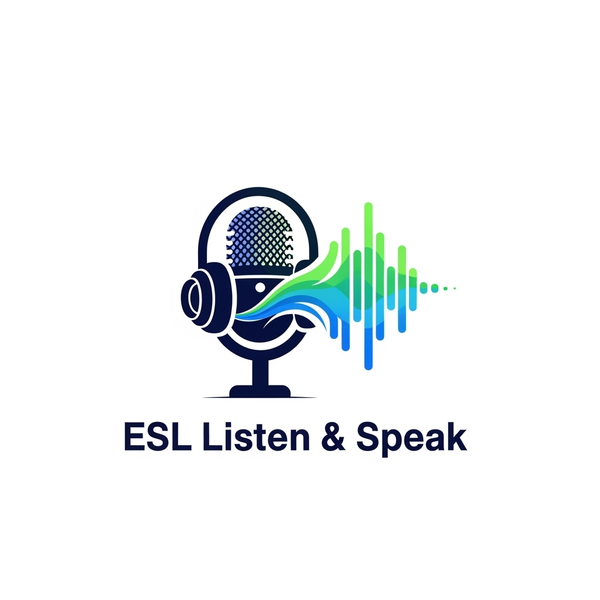Making Inferences
An inference is a conclusion that you reach based on what you already know and what is in the text.

What is an inference?
An inference is a conclusion that you reach based on what you already know and what is in the text. It is not something that is directly stated in the text, but it can be figured out by using your clues and your background knowledge.
How do I make an inference?
Identify the clues. What does the text say that can help you figure out what is going on? These clues can be words, phrases, or even images.
Use your background knowledge. What do you already know about the world that can help you make an inference? This includes your experiences, your knowledge of the text's genre, and your understanding of the world.
Ask yourself questions. What can you infer about the characters, setting, or plot based on the clues and your background knowledge? Some questions you might ask yourself include:
- What does this word or phrase mean?
- What is the author trying to tell me?
- What can I infer about the characters, setting, or plot based on this information?
It's okay to have different inferences.
Sometimes, there can be more than one possible inference that can be made from a text. This is because different people can interpret the text in different ways. It's okay to have different inferences, as long as you can support your inference with evidence from the text.
Here are some examples of inferences:
The character is feeling sad because they are crying.
The setting is a forest because there are trees and animals mentioned in the text.
The plot is about a mystery because there are clues and a puzzle to solve.
Inference: A conclusion that is reached based on evidence or clues.
Clues: Words, phrases, or images that can help you make an inference.
Background knowledge: What you already know about the world that can help you make an inference.
Questions: Questions that can help you identify the clues and think about how they fit together.
Interpretation: The meaning that you give to a text.
Genre: The type of text, such as a story, poem, or nonfiction.
Character: A person in a story.
Setting: The time and place of a story.
Plot: The events that happen in a story.
Resolution: The end of a story.
Theme: The main message of a story.
Teacher Resources




